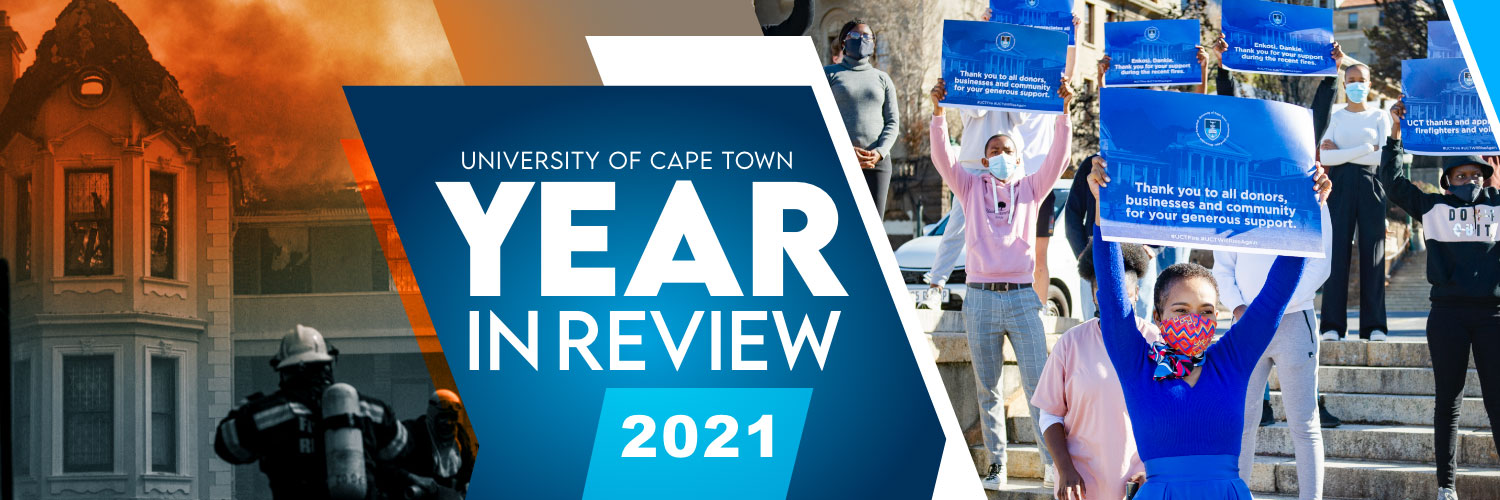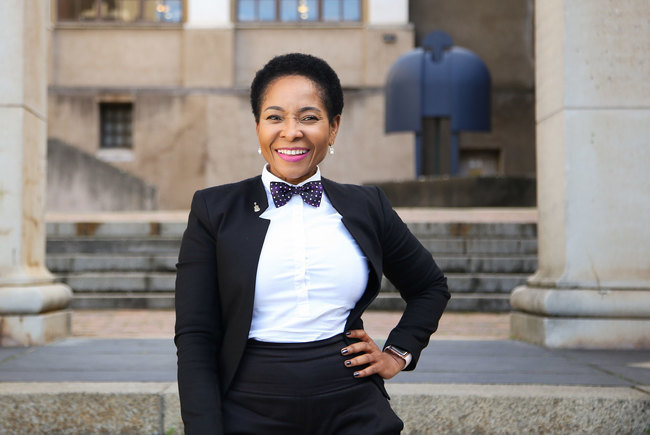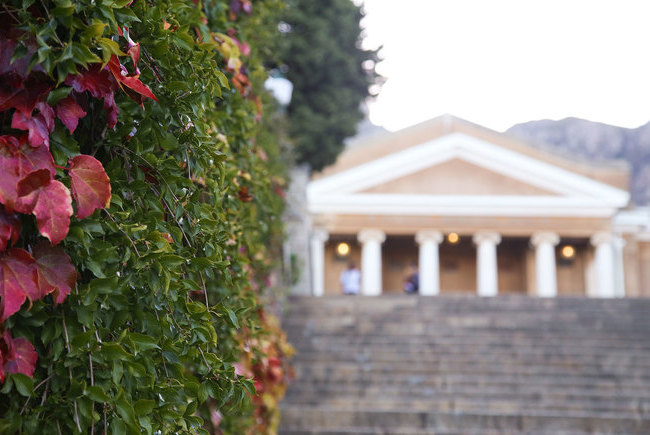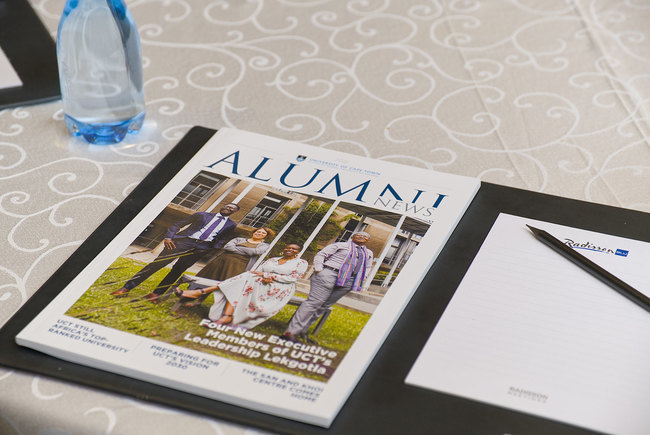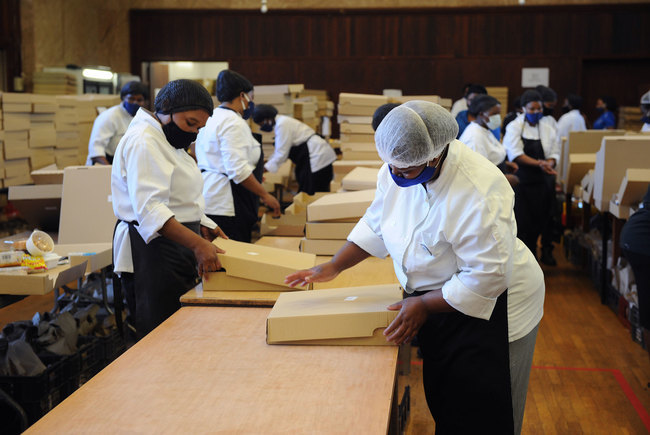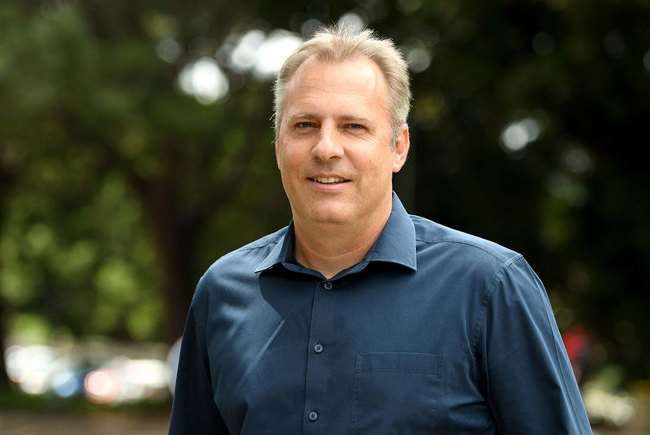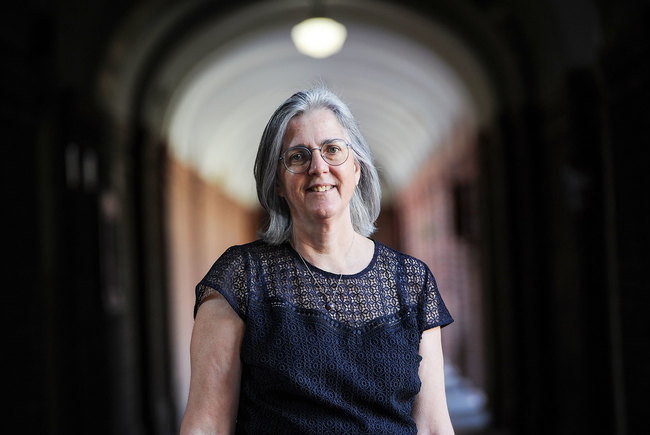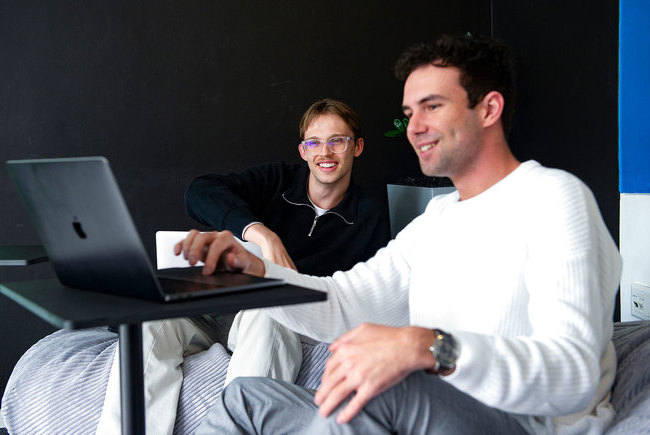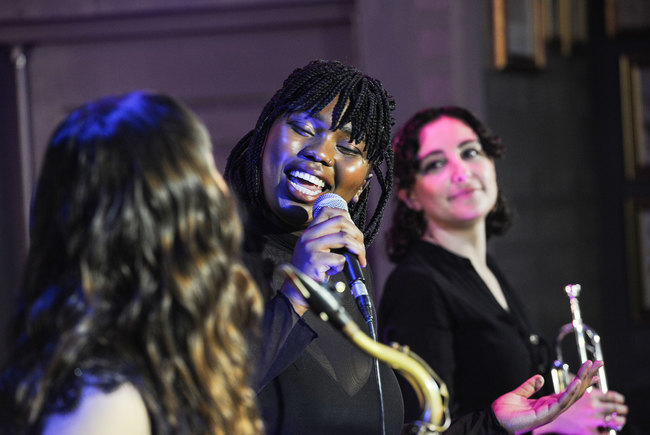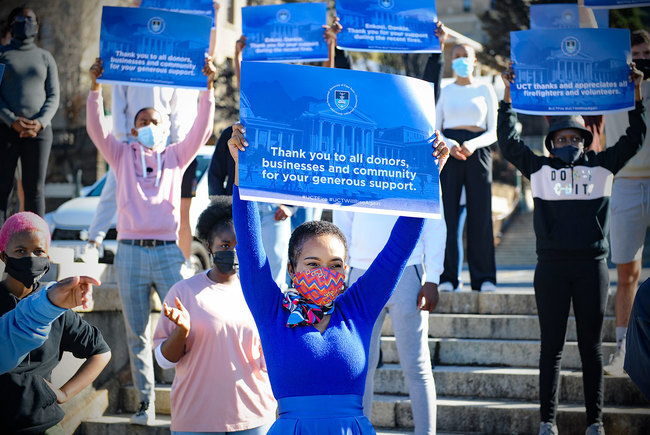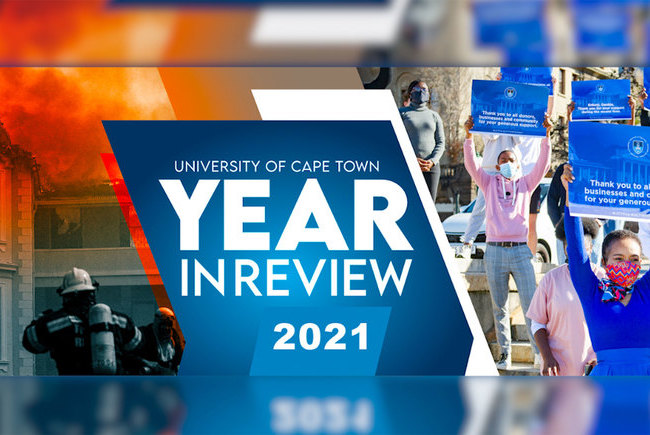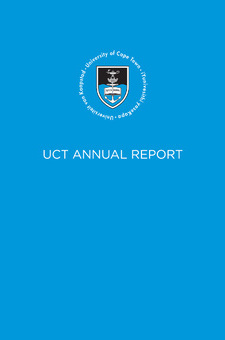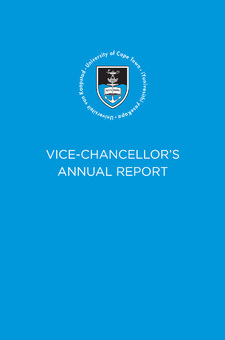UCT Libraries, Campus Safety and Student Wellness
19 October 2022 Read time 5 min.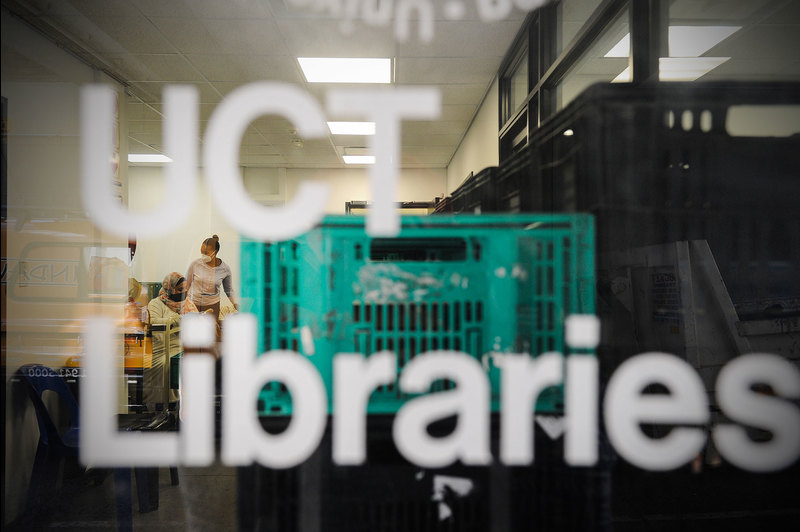
A future-facing academic library
For the University of Cape Town (UCT) Libraries, 2021 was defined by business continuity and business interruption precipitated by challenging circumstances. As we were gaining a better grip on the Virtual Library Services introduced in 2020 and navigating UCT Libraries through the changing COVID-19 lockdown regulations, levels and conditions, our foundations were shaken to the core with the unexpected fire that destroyed the Jagger Library on 18 April 2021. These two unprecedented situations required a new compass to navigate crises and recovery.
Business continuity
During 2021, UCT Libraries’ role as a publisher enjoyed significant success. In addition to publishing five monographs, it published the first Sesotho open-access book, Dikeledi ha di wele fatshe (loosely translated as “Tears do not fall in vain”), authored by academic Dr Rethabile Possa-Mogoera.
UCT Libraries formalised its collaboration with the Association of African Universities to actively promote open publishing on the African continent and to utilise the continental platform for the publishing of open access journals and open access monographs and textbooks.
UCT Libraries received the Diversity, Equity, and Inclusion Inaugural Award for the published work of the textbook, Constitutional Law for Students. The international award from the Library Publishing Coalition (LPC) recognised that the principles which piloted the publication of this textbook were guided by social justice imperatives. More about the award can be read on the LPC’s Award announcement blog post.
The Vice-Chancellor’s Excellence Awards aim to recognise members of the UCT community who make an outstanding contribution to the university’s mission and objectives through innovation or improvement in services, and/or sustained exceptional performance in an area or areas beneficial to the university and its strategic imperatives. UCT Libraries was honoured with the 2021 Service Excellence Award.
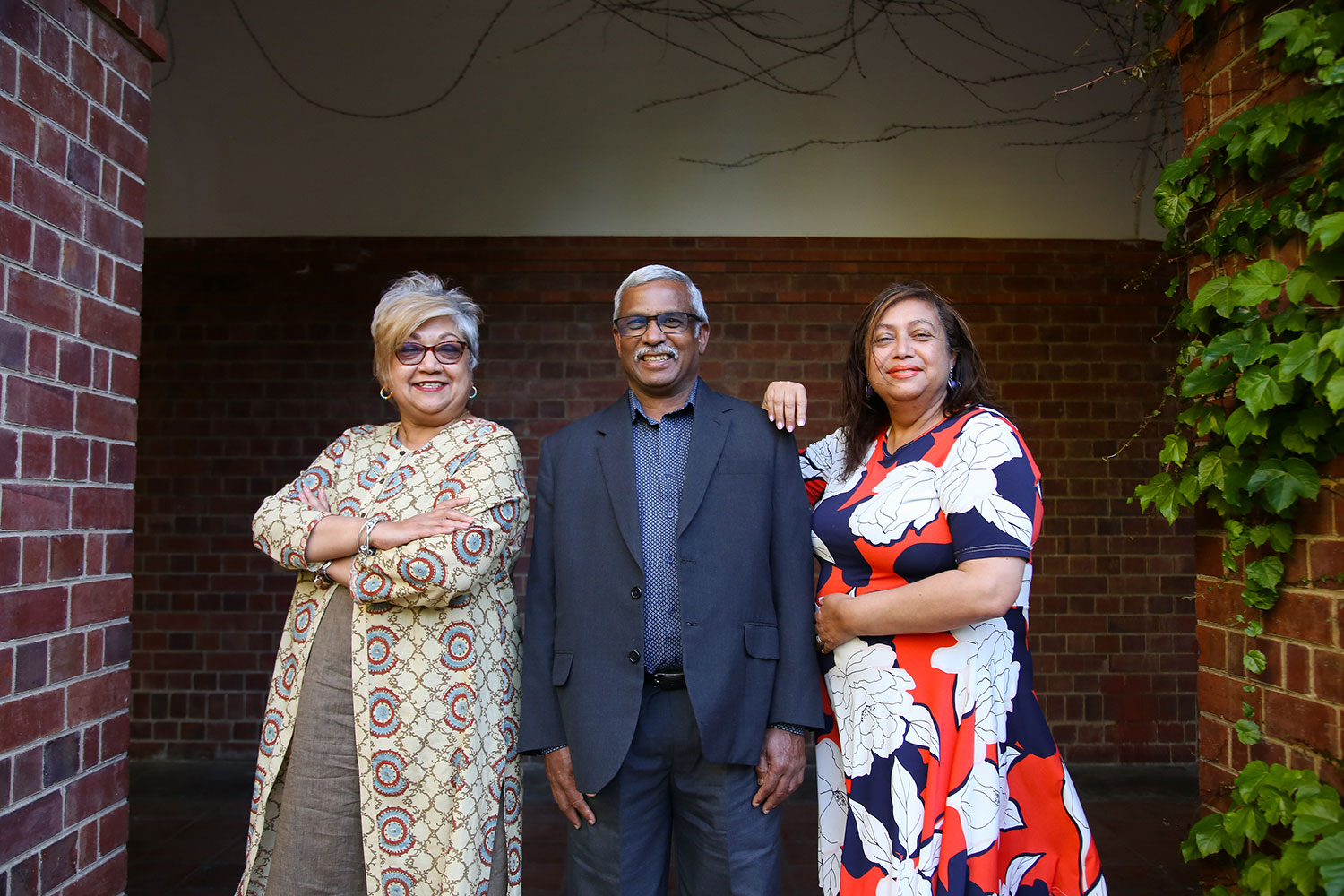
Motivation for the award can be encapsulated as follows:
“Over the past few years, the UCT Libraries management team has been working towards a future-facing academic library. This strategy has informed research support, positioning the libraries in, and as, student spaces, capacitating the libraries for the digital age in all facets from preservation, digitisation of resources and access to research information, and fostering a culture of the libraries as a learning organisation for their own staff. This approach was severely tested by the COVID-19 emergency, which required the conversion of a critical face-to-face service into a virtual one. The most powerful testament to this achievement comes from UCT students. In the student survey of 2020, three quarters of students said they used the library during remote learning (far more than any other service). It was also the most valued service by the highest number of students.”
Business interruption – the Jagger fire
18 April 2021 will be remembered as the day of dual disasters for UCT Libraries: the loss of the Jagger Reading Room to fire, and the compromising of the Special Collections housed in the Jagger basements by water used to douse the fire. A renowned and well-loved library among UCT alumni, academics and scholars, and the training ground for many professional librarians, the shockwaves of the destruction of the Jagger Library by a freak of nature reverberated across the world. From a former active contact library abuzz with students to a more scholarly reading room since 2012, this disaster has catapulted the Jagger Library into the annals of library history.
UCT Libraries was grateful to be supported by an army of volunteers who responded to the call for support on our website, social media, and radio to work alongside UCT staff in the salvage operation.
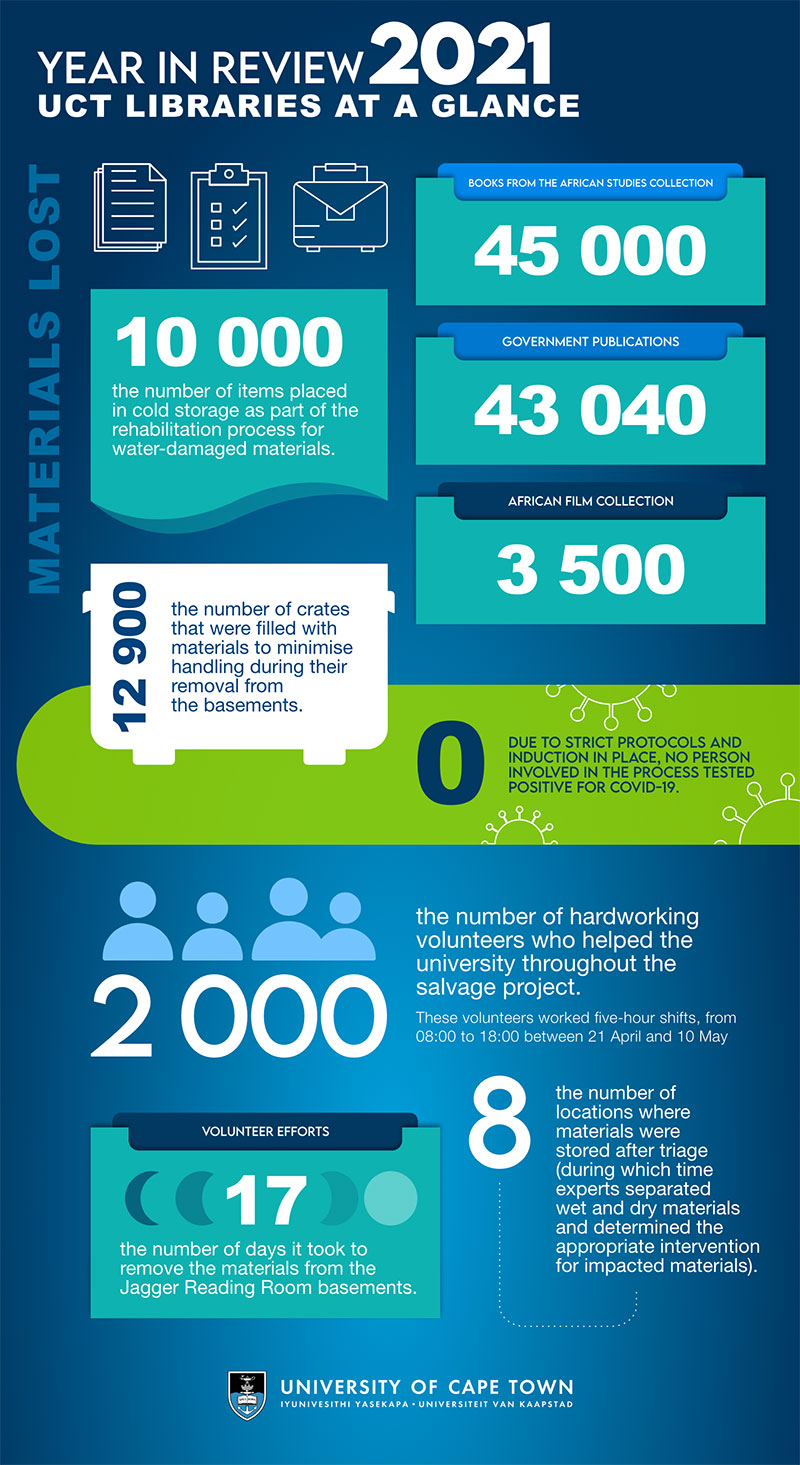
From 1 July, staff were relocated to new premises in Mowbray where remedial and advanced conservation continues, and the reconstituting and rebuilding of the archives and African Studies Library has begun.
While 2021 was a year that challenged us at the physical, emotional, social, spiritual and intellectual levels of our existence, it was also a year that demonstrated our determination, perseverance and agility to tackle these crises head on.
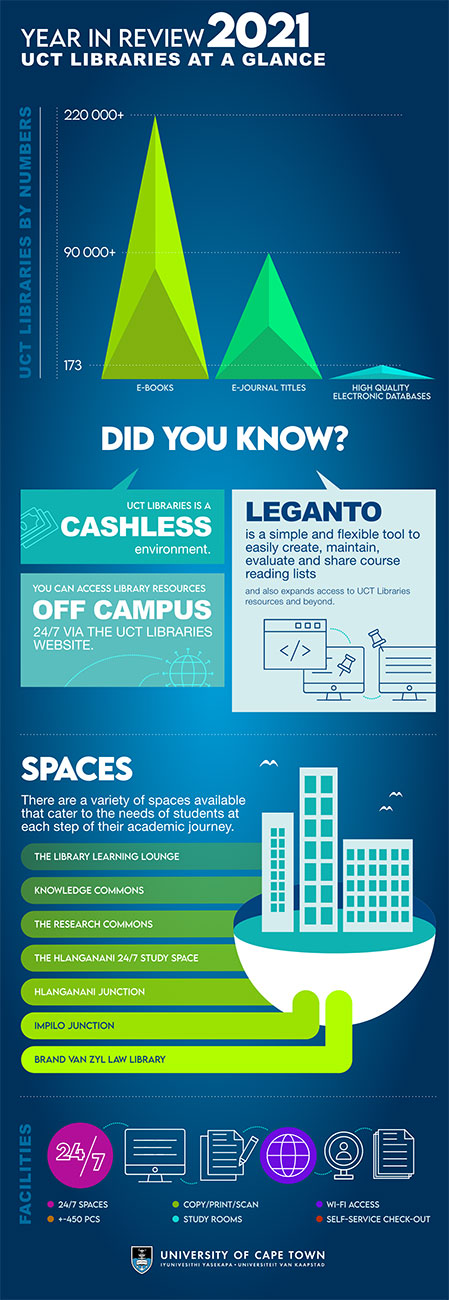
Student Wellness
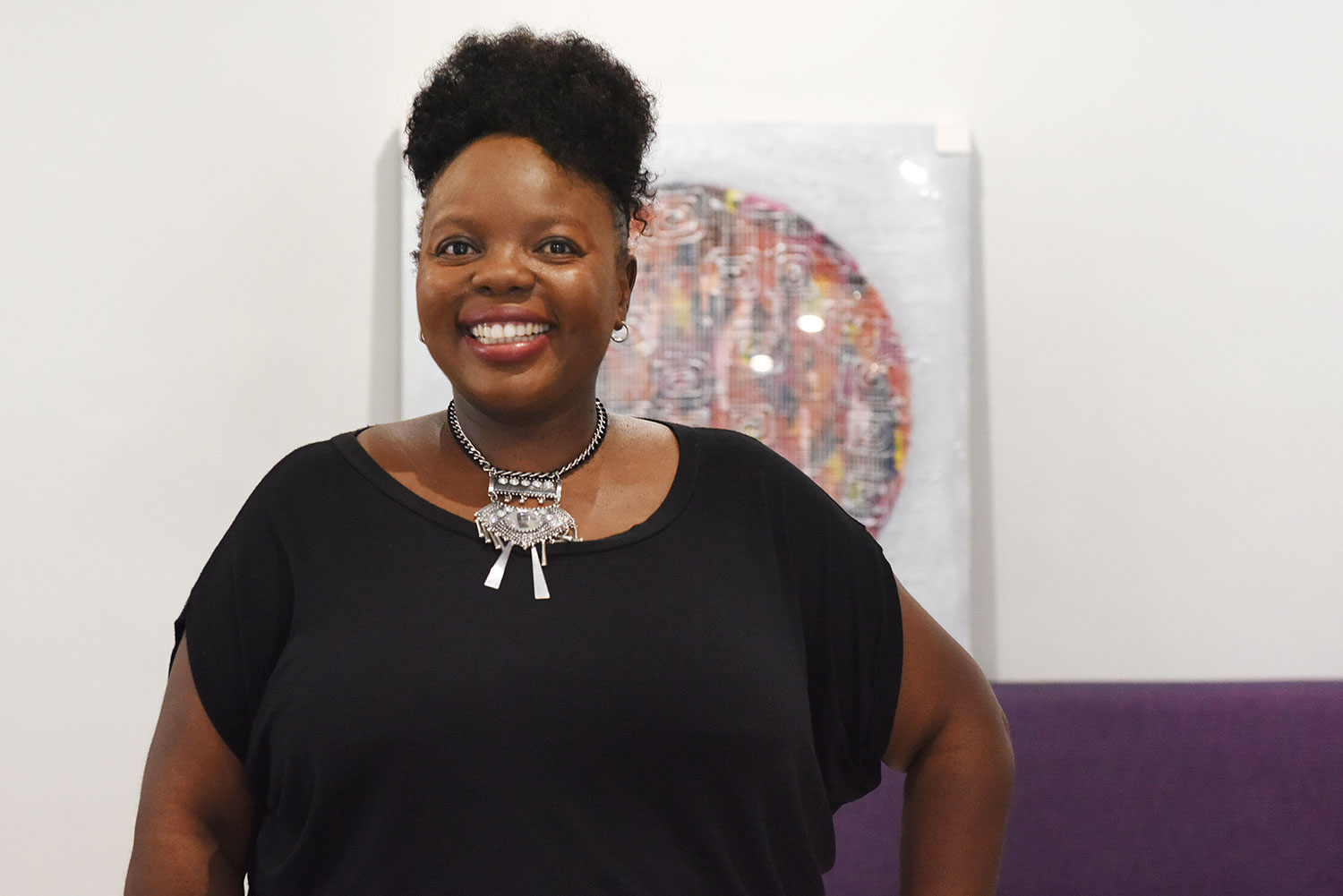
Student Wellness Service (SWS) continued to offer health services to all students on campus in 2021 during the second year of the COVID-19 pandemic. Here are some of the highlights and key figures for the year:
- SWS provided services from the main Primary Health Care clinic in Mowbray and the COVID-19 Isolation Medical Facility at All Africa House on middle campus. During 2021, most of the satellite counselling points in facilities that had operated virtually in 2020 resumed onsite, providing a combination of virtual and onsite options.
- Students were able to access a clinical nurse practitioner or medical officer in 2021 on the same day. No waiting lists were created thanks to the accessible online booking system.
- Students could access the following health services by booking appointments directly from the SWS website or UCT app: medical services rendered by nurses, doctors, and a medical specialist psychiatrist; and counselling services rendered by a team of registered counsellors, psychologists and social workers.
- The outreach activities of the unit reached out to students in various platforms for health promotion, education and awareness, and targeted prevention services. The outreach teams reached over 6 000 students through virtual webinars, onsite health talks, and social media campaigns.
- More than 2 000 students were reached through the SWS Peer Counsellors social media pages.
- Just over 240 psychiatric emergency callouts from students to the Crisis Intervention Service (CIS) were psychiatric emergencies. The CIS team of psychiatric-trained nurses provided mental health support after hours and on weekends.
- During the fire incident that occurred on 18 April 2021, the SWS directorate through the CIS was able to support students urgently, proactively and responsively to immediate physical and mental health requirements. There was speedy mobilisation of the existing SWS stakeholders and volunteers in the mental health field to increase capacity of the team and enable timeous response.
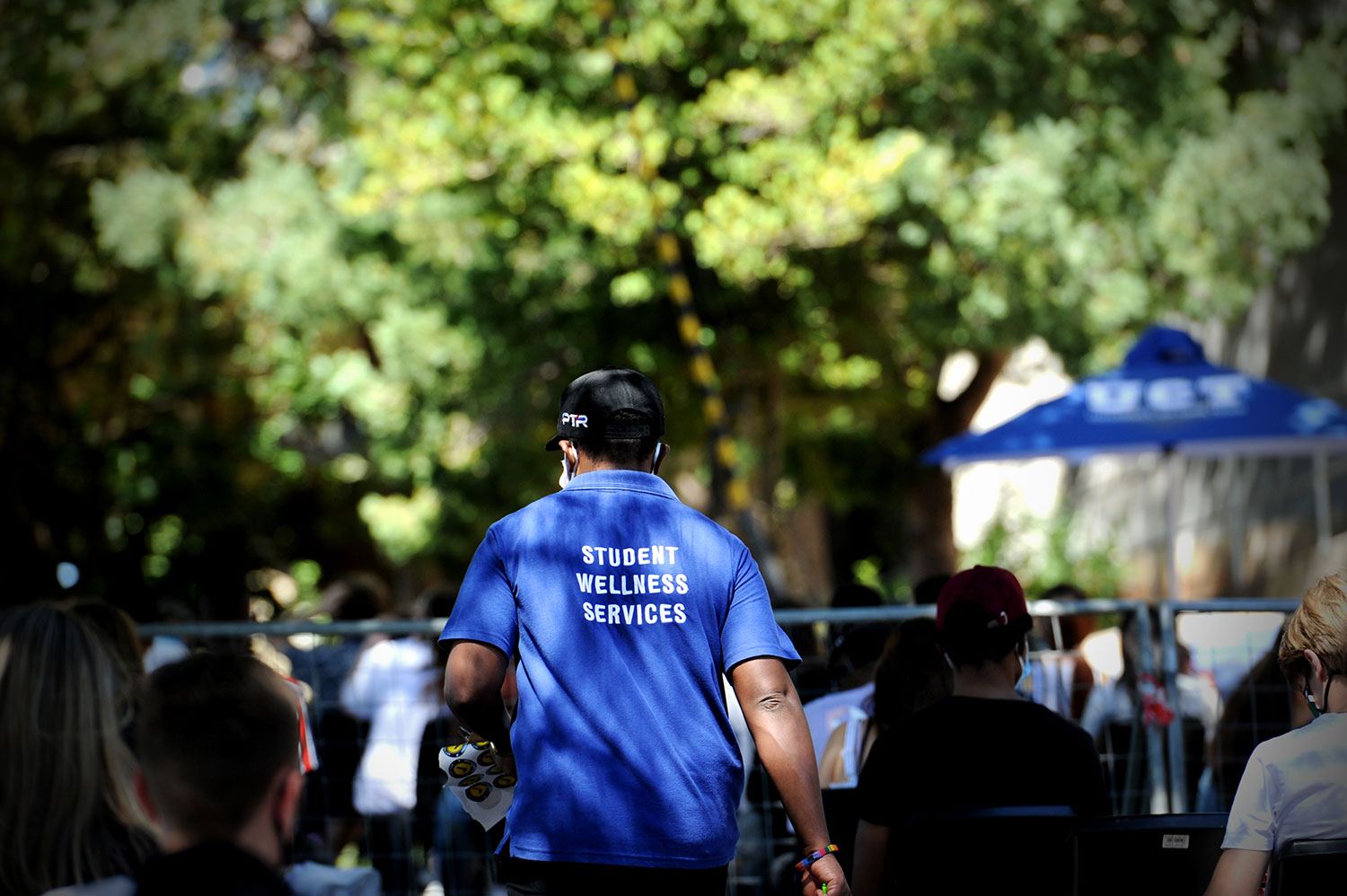
- The SWS Crisis Intervention team provided medical and counselling services to students displaced in various hotels. Support was provided through individual and group trauma debriefing at the various hotels, followed by linking students who needed ongoing support to the SWS counselling services. This included collaborating with organisations within the mental health sector for counsellors and social workers to provide psychosocial support.
- The SWS Independent Counselling and Advisory Services (ICAS) Crisis app was launched in September and enables students to access counsellors immediately on their mobile phones from anywhere in the country.
- Medical Services Outreach Satellite Clinic on upper campus resumed services in 2021, while other satellite clinics and clinic staff operated from the COVID-19 Isolation Medical Facility at All Africa House. The isolation facility operated on a 24-hour basis, with the nurses providing medical care for the occupants, including medication onsite when required. Students who developed symptoms or tested positive for COVID-19 while living in residences with shared spaces were transferred to All Africa House for the duration of their isolation. The SWS COVID-19 Response Team included dedicated drivers and a dedicated COVID-19 vehicle for transportation of students to All Africa House. Students who required hospitalisation were transferred by ER24 ambulance services from All Africa House.
- Over 805 students were admitted to the All Africa House isolation facility during the pandemic (2020/2021); 236 were confirmed COVID-19 positive. Largely dependent on the Department of Health’s testing criteria, some students were managed for symptoms without being tested.
- SWS managed a total of 460 student cases who were COVID-19 positive: 236 in residences and 224 off campus. It also managed 15 cluster outbreaks (8 in residences and 7 on campus). The team implemented strategies, public health interventions and ongoing monitoring in response to the pandemic, ensuring that all protocols were aligned to the national guidelines. This included being the backend for the UCT COVID-19 app and ensuring that cluster outbreaks were prevented.
- Three student deaths due to COVID-19 complications were reported since the beginning of the pandemic.
- COVID-19 students vaccination promotions were carried out through various platforms in 2021, with SWS providing vaccine support through consultations and counselling (email, telephonic and in-person options). This included facilitation for vaccination and referral to the UCT Community of Hope Vaccination Centre.
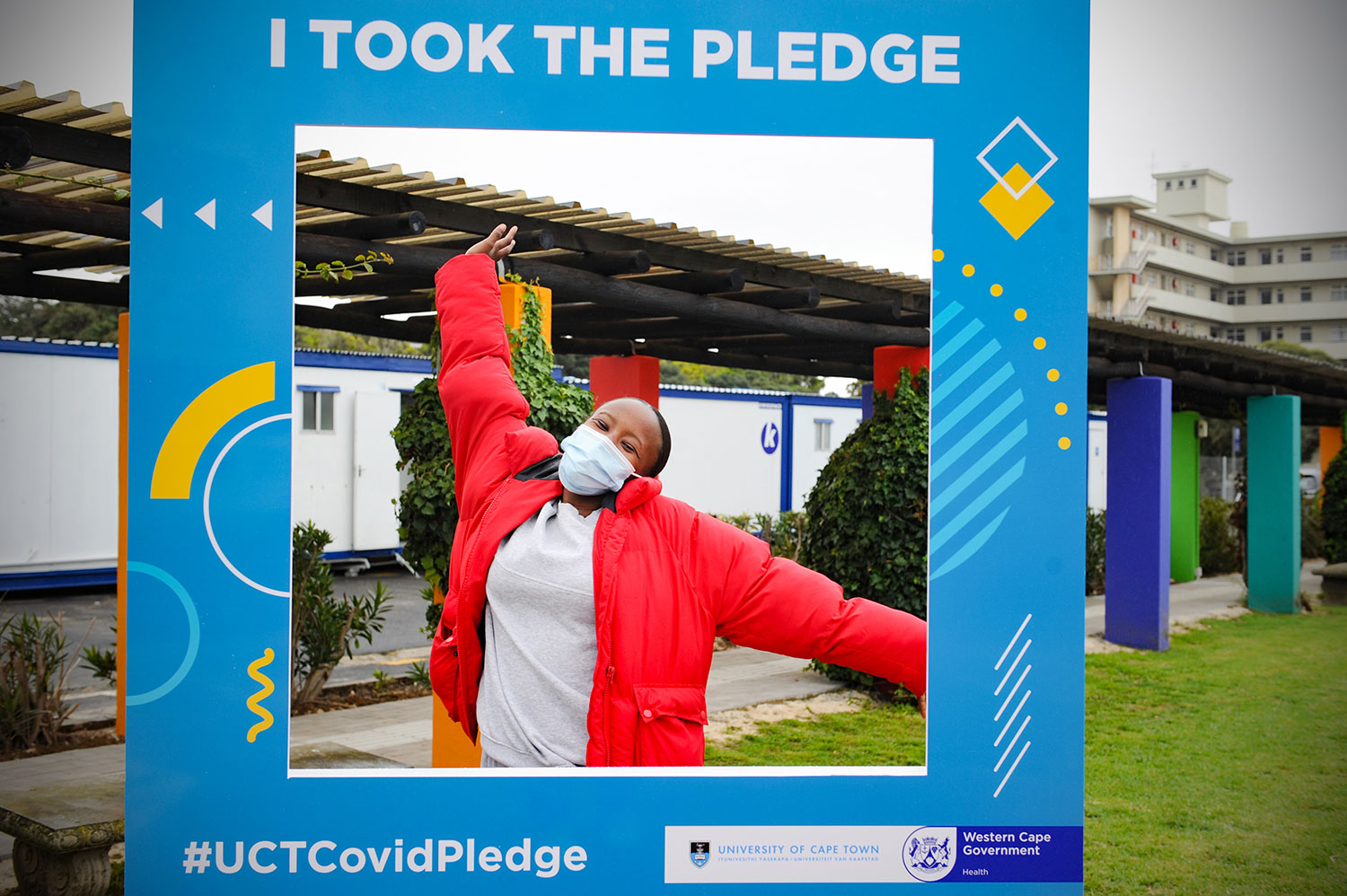
- All COVID-19-related matters could be accessed or reported on the students COVID-19 24-hour hotline.
- The unit implemented operational realignment – clinical operating hours were extended and counselling staff were added – to assist with demand for service during the year.
- Same-day psychological services were available through virtual and telephonic modalities. The SWS counselling team assisted students in eight local languages. Additional collaborations through ICAS, the South African Depression and Anxiety Group and ER24 availed 24-hour counselling access and mental health support.
- Over 13 000 counselling sessions were attended virtually, telephonically and in-person by students during 2021. There has been a general increase in the use of counselling services by students and a rise in mental health crises cases observed over the past three years. Students also reported acceptability of the virtual services in the mental health survey 2021 – the likelihood being that students found it convenient to attend virtual consultations without the logistics of coming to campus, particularly for clinical students.
- A series of mental health webinars were introduced in 2020 and continued through 2021 to assist students to cope with stress and studying remotely, while benefiting from virtual mindfulness groups. The virtual support groups and mindfulness sessions were very popular and well received.
- The unit continued to improve access to mental health services through the Mental Health Peer-led Intervention programme. The programme enabled the activities of SWS to reach more students and have greater success in linking more vulnerable students to services and assisting with early detection before a crisis began.
- In 2021, the Mental Health Peer-led programme reached close to 2 000 students through postgraduate peer counsellors equipped with counselling skills to increase the capacity of SWS for offering counselling services. The programme’s range of support included peer counselling sessions, adjustment support, academic support and general health promotion.
- The Run4Mental Health activity gained popularity during the year with students taking on physical activity every Sunday for well-being. The highlight was the World Mental Health Run supported by the vice-chancellor.
Campus safety
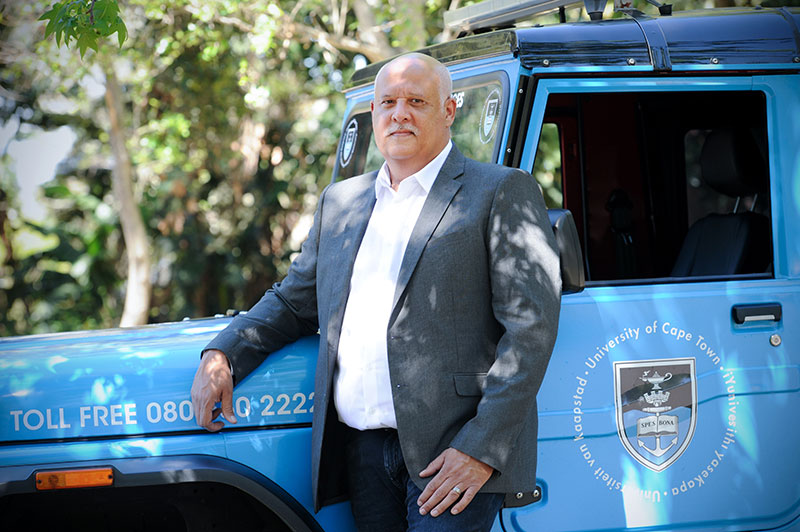
Campus Protection Services (CPS) remains committed to its mandate of combating crime on campus and, most importantly, ensuring the safety of our students, staff and visitors.
The University of Cape Town’s (UCT) campus is open, and several university properties, including student residences, are in neighbouring residential areas. In 2021 there was a slight increase in the overall number of crimes reported to CPS across all campuses, as well as in the surrounding areas of Rondebosch, Mowbray and Observatory. The crimes that stood out were theft-related crimes on campus and armed robberies off campus.
The partnership collaboration between CPS, the Groote Schuur Community Improvement District and the South African Police Service in addressing crime-related issues is ongoing. These partnerships have proven again to be very valuable, resulting in a number of arrests on the fringes of campus because of constant communication and with the backup of technology (such as licence plate recognition and cameras in strategic areas).
The ongoing closed-circuit television (CCTV) renewal project has seen an increase in new cameras being installed across campus. The strategic positioning of these cameras is vital to ensuring coverage of critical areas. The use of CCTV cameras has been particularly successful in identifying suspicious persons and repeat offenders.
In addition to the increase of CCTV cameras across campus, we have been deploying mobile surveillance units in strategic areas which are equipped with CCTV cameras. UCT’s new Risk Operations Centre has since become operational. The operations centre has a dual purpose: firstly, to operate as an alarm and CCTV control centre with a centralised command and control function; secondly, to be utilised as a crisis management hub during any emergencies. From this space we are able to manage and deploy effectively.
 This work is licensed under a Creative Commons Attribution-NoDerivatives 4.0 International License.
This work is licensed under a Creative Commons Attribution-NoDerivatives 4.0 International License.
Please view the republishing articles page for more information.
Annual reviews
Year in Review 2021
19 Oct 2022
Year in Review 2021

Chief Operating Officer’s report, Dr Reno Morar.
19 Oct 2022 - 6 min read
Professor Martin Hall, Acting Deputy Vice-Chancellor: Transformation
19 Oct 2022 - >10 min read
Associate Professor Lis Lange, Deputy Vice-Chancellor: Teaching and Learning
19 Oct 2022 - 4 min read
Previous Editions
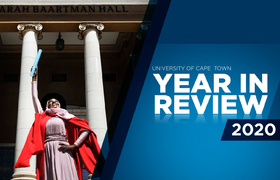
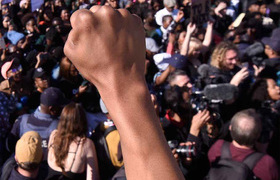
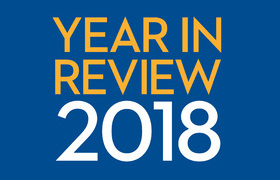
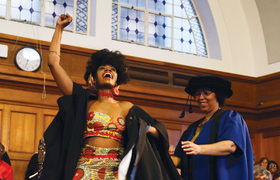
The Newsroom and Publications unit releases an annual report, which is a review of activities on campus during the previous year. It spans nearly all aspects of UCT life; and includes reports from senior executives on issues such as governance, teaching and learning, research, social responsiveness, transformation and employment equity. Each year the report illustrates clearly why UCT is held in such high regard in South Africa, Africa and across the globe.







